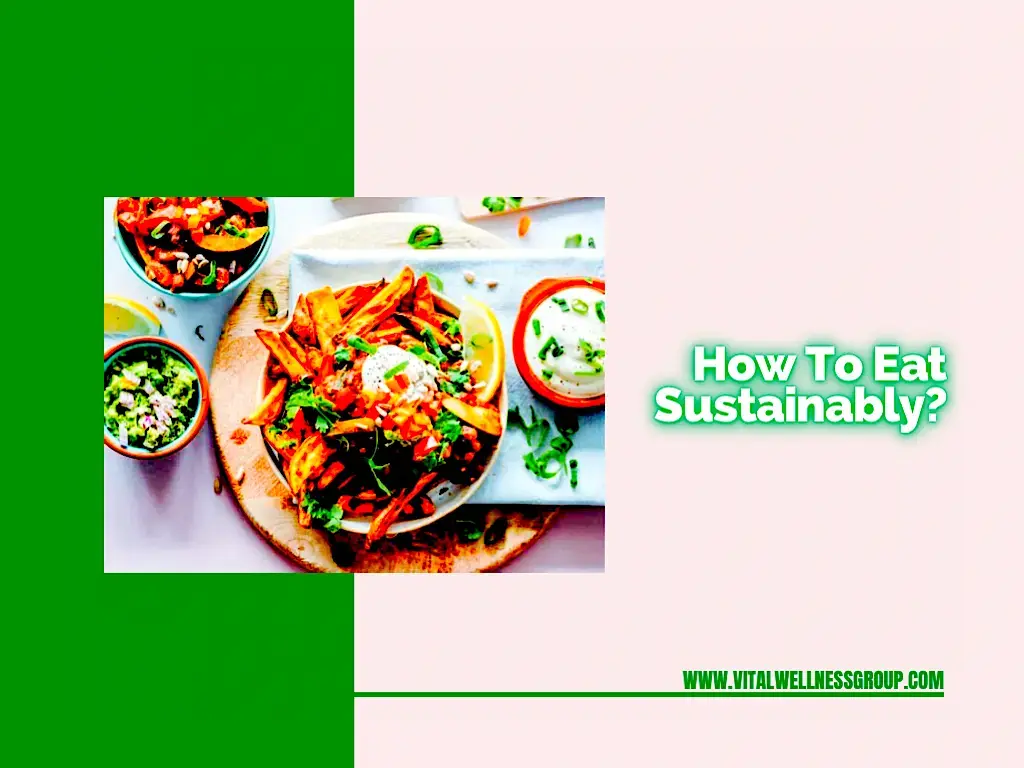Everything from the garments to the food can impact your carbon footprint. How to eat more sustainably? Eating sustainably means finding food that you can restore without transforming the environment. Plant foods are grown with pesticides, fertilizers, and fossil fuels that can harm soils and negatively affect the environment. Plants are then fed to farm animals, where they’re treated poorly and lead short, unhappy lives. Those animals defecate, and the manure is concentrated with harmful substances that can contaminate soil, water, and the air. The food then travels thousands of miles before being brought to our grocery stores, and we don’t finish our food, making most of it go to waste.
10 WaysTo Eat More Sustainably
Everything from what you eat to whether or not you eat all of it can impact the environment. Here’s how you can eat more sustainably.
Eat More Plants
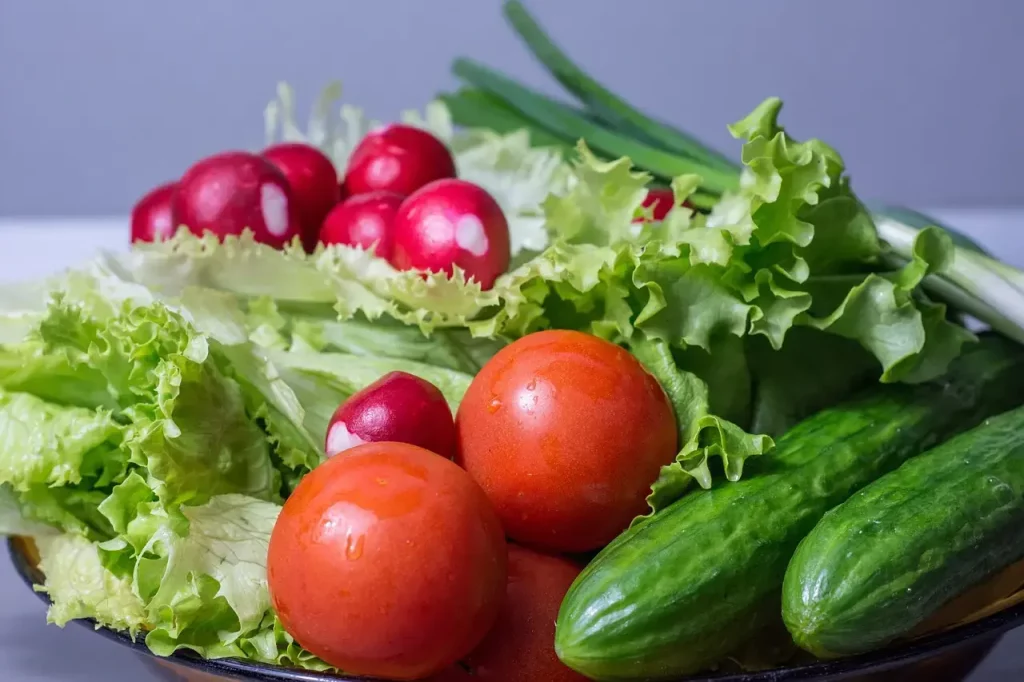
Animal manure is harmful to the environment, and cows, pigs, and chickens don’t reproduce as quickly as we can grow food. Farming also requires massive amounts of land and water. Eating less meat and more plants can moderate the world’s animal product intake to reduce environmental impact.
Consider Seafood To Eat More Sustainably
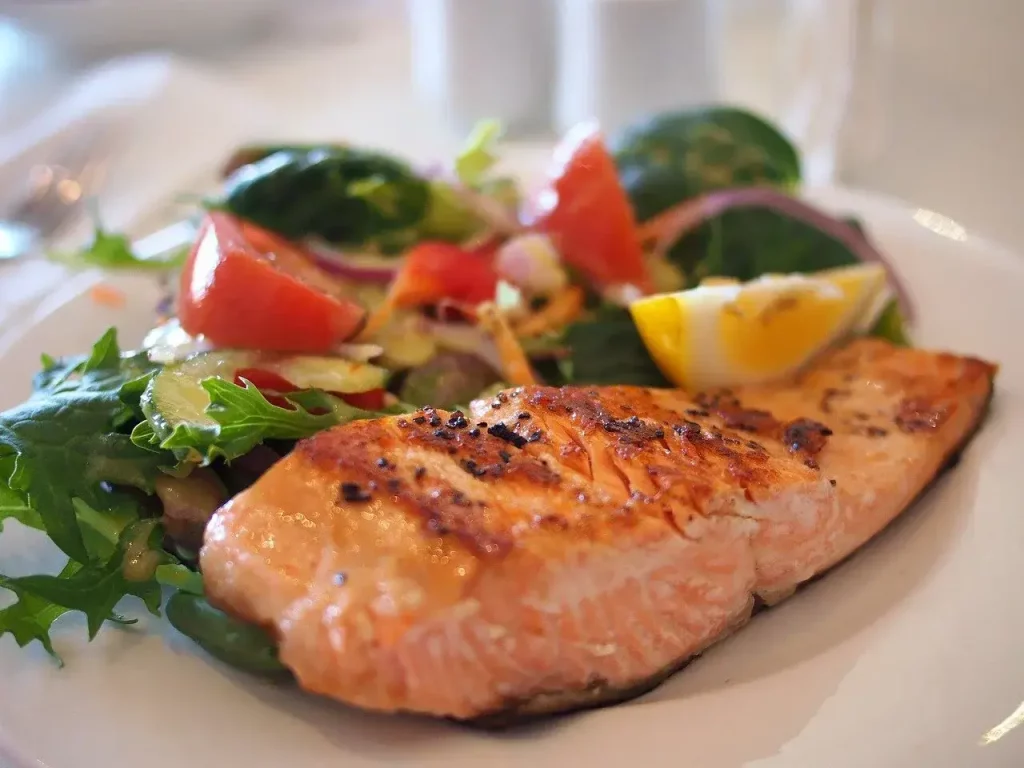
Seafood is considered more sustainable than beef, pork, and chicken. Unfortunately, fish stocks are overfished, and aquaculture has issues similar to meat production. However, when produced responsibly, seafood is beneficial for people and the environment. By eating more diverse types of fish from managed sources, you can eat lower in the food chain and reduce the carbon emission needed to bring the food to your table.
Stop Wasting Food
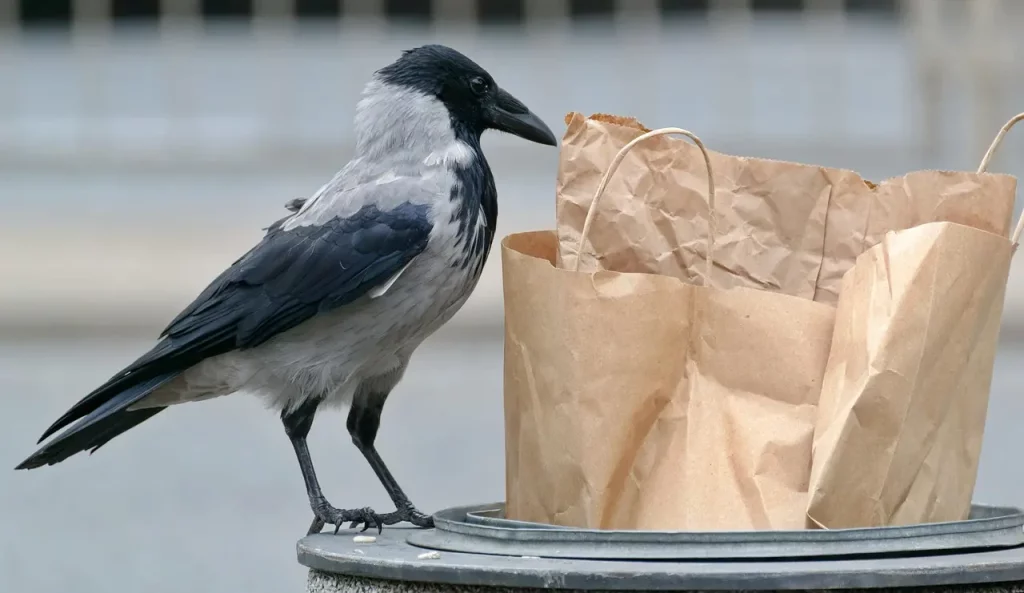
We’ve all been there; you grab too much food, thinking you’ll be able to finish all of it, only to find out you get full quickly. Then, instead of saving your leftovers in Tupperware for lunch the following day, you toss them in the trash. While many of us are guilty of throwing away food, far too much of the food produced worldwide is wasted. That has severe consequences for the environment.
Food waste contributes to greenhouse gasses, so reducing your food waste can help reduce your carbon footprint. For example, instead of throwing food down the garbage disposal or in the trash, you can freeze it while it’s fresh. So put it in reusable containers, and eat it for lunch or dinner the following day. You can also buy loose produce to only purchase the exact amount of food you need. So nothing will go to waste sitting in your fridge.
You can also reduce food wastage by never shopping hungry. Eating before you go to the store will prevent you from purchasing too much food and not eating it. You can also plan to go to the grocery store more than once per week. Also plan only purchasing what you require when you need it, to keep your fridge clutter-free and avoid spoiling that can lead to waste.
Also Check: What Are Carcinogenic Foods – Harmful To The Human Body
Grow Your Own
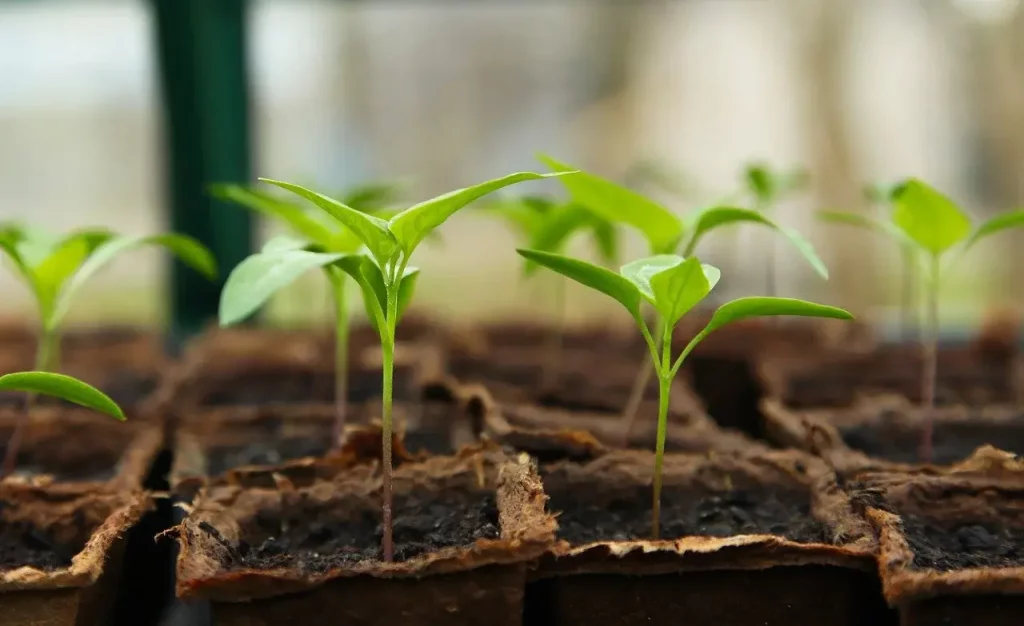
While you won’t be able to raise your own meat unless you own a farm, you can grow your own food at home to support the environment. Growing your own produce, like fruits and vegetables, in your own garden is healthy and delicious. It will give you a nice hobby that reduces your carbon footprint associated with buying food at the grocery store. Since your homegrown food doesn’t have to be transported or use pesticides, your food will be carbon-free.
Also Check: 17 Benefits Of Organic Gardening – Grow Healthy Foods And Save The Planet
Avoid Plastic
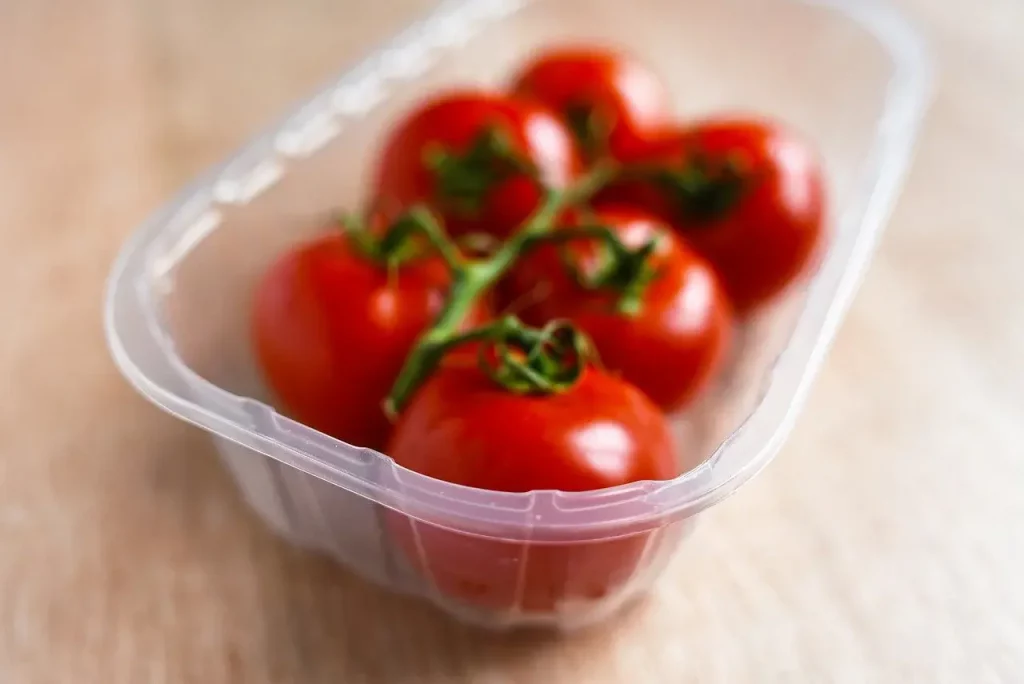
Plastic bottles take hundreds of years to decompose, and while the decomposition of other plastic products depends on their environment. They don’t decompose quickly. Therefore, plastic is harmful to the environment because it ends up in landfills and contributes to global warming. It can also end up in the ocean or animal habitats and become dangerous. Additionally, when placed under sunlight, plastic releases toxic substances into the soil and, when burned, releases toxins into the air.
Instead of buying food using plastic containers and bags, consider bringing reusable bags with you to the grocery store. Also, consider to avoid products unnecessarily packaged in plastic.
Also Check: What Foods To Eat After Hernia Surgery And What Should Avoid?
Eat Sustainably, Eat Locally
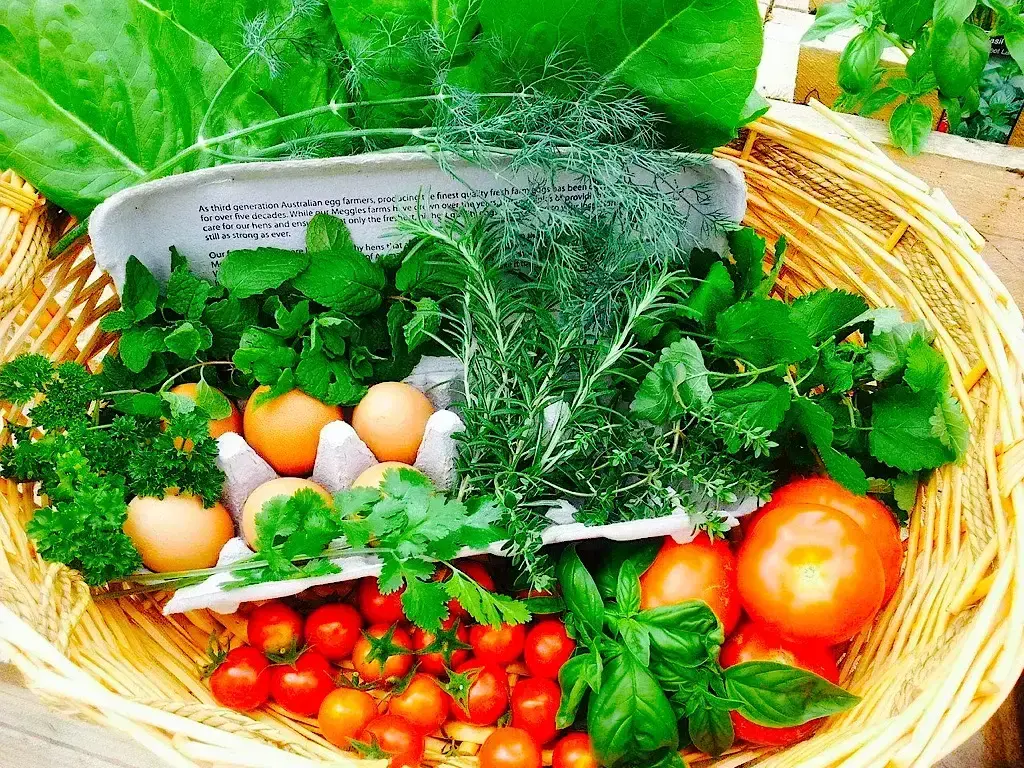
Eating local foods means eating what’s in a season while supporting local businesses and reducing the transportation needed to get the food to your home. Eating locally means the food is on trucks for less or no time. Depending on the local producers, they may not use harmful chemicals during production. That can harm the environment, including the soil, water, and air.
Unfortunately, if you have to drive long distances to buy local products, you may be contributing to carbon emissions. So it’s best to shop close to home if possible. You don’t have to drive out to farms to find sustainable food choices nearby. Instead, you can look for signs labeled “local” at your grocery store or visit farmers’ markets.
Also Check: Best Low-Carb Foods – The Diet That Will Improve Your Health
Avoid Processed Foods
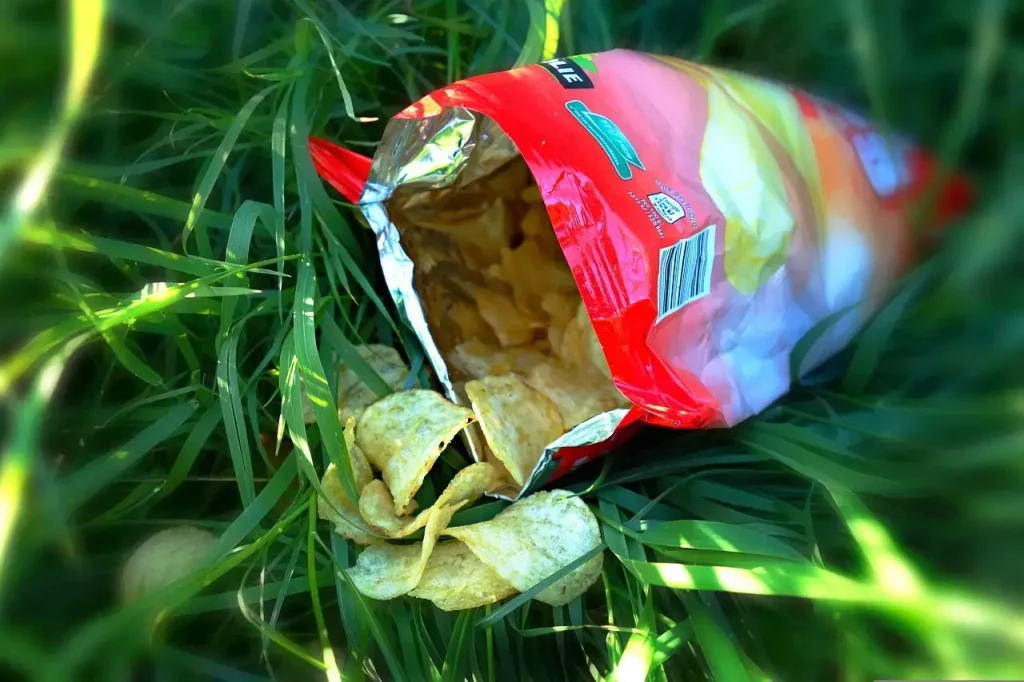
Processed foods are high in fat, sugar, and additives that can significantly impact your health and the environment. In addition, the production and transportation of these foods can contribute to greenhouse gasses. So it’s best to avoid processed meats, sugary drinks, chips, and pre-made desserts.
Make Your Own Food
Making your own food can help reduce waste and the use of plastic packaging while saving you money. While you can grow your own vegetables at home, you can also make different foods instead of buying them at the store. For example, you can make granola at home instead of buying it in a plastic bag.
Also Check: Top 18 Best Foods To Keep You Full And Make You Lose Weight
Compost
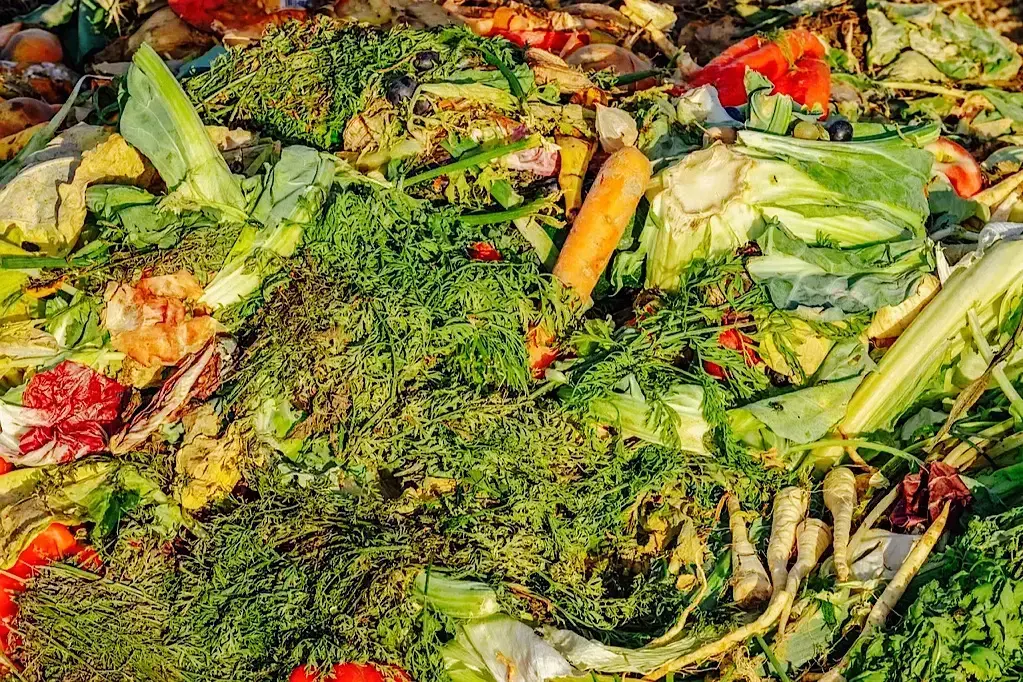
Composting is a terrific way to use the food you don’t eat. Forgotten leftovers or food that goes bad in the back of your fridge doesn’t have to go to waste. Instead, you can make your own compost at home using the food you don’t eat and use it as fertilizer for plants at home. You can purchase an odor-blocking composting bucket for use at home. It can help you to begin composting and finding new ways to support the growth of your garden.
Also Check: 15 Aphrodisiac Foods For Men
Choose Sustainable Supplements
Not everyone can get the vitamins and minerals they need from diet alone, so they must take vitamins. Unfortunately, even though supplements contain natural ingredients, they’re not all sustainable. Are you looking for sustainable alternatives to your vitamins and minerals? It can ensure you’re supporting not only your overall health but the health of the environment.
Also Check: Best Low-Carb Foods – The Diet That Will Improve Your Health
Final Thoughts
Eating sustainably means taking small steps to change your lifestyle habits. Everything you eat impacts the environment. So educating yourself on the different ways to eat more sustainably can reduce your carbon footprint. Also, it helps you make better decisions regarding your food.
Images from Pixabay

Author Bio: Megan Isola holds a Bachelor of Science in Hospitality. Also, a minor in Business Marketing from Cal State University Chico. She enjoys attending concerts, testing new restaurants, and hanging out with friends.

